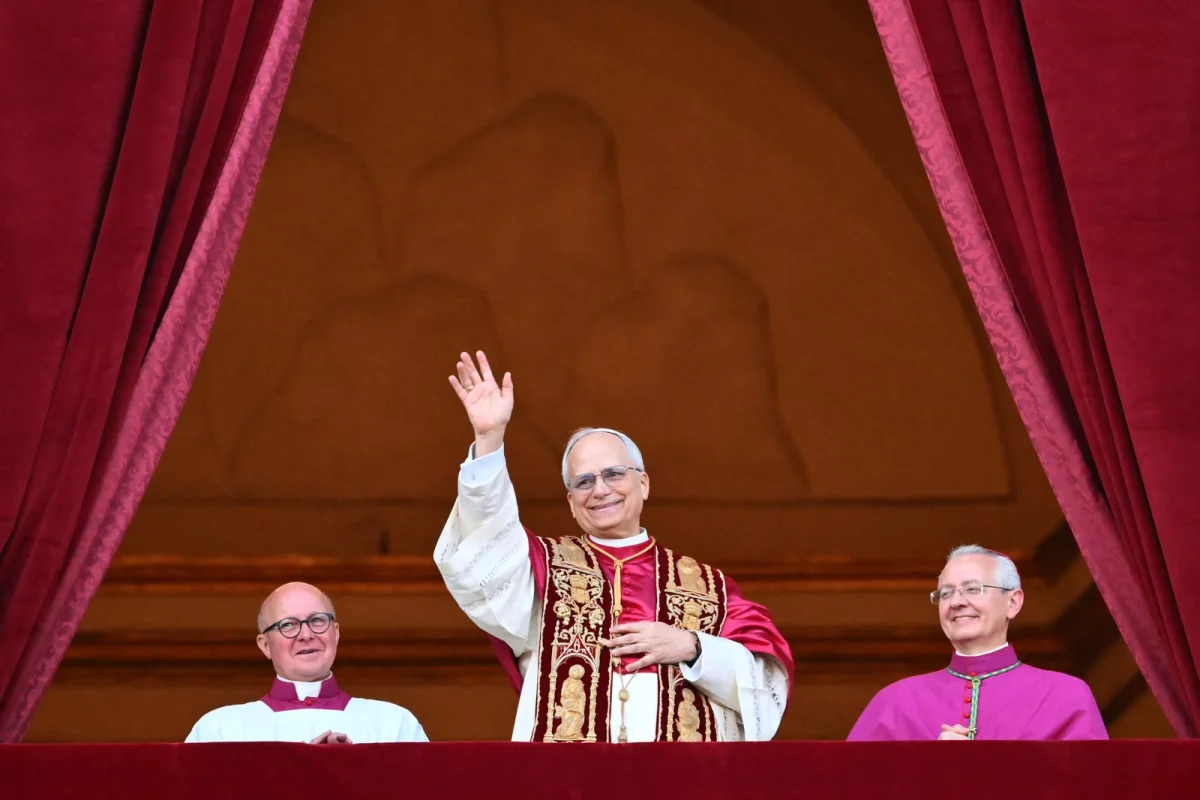A surprising turn of events surfaced during the Australian elections as Anthony Albanese was re-elected for his second term as Prime Minister. This is the first time in 21 years a leader has secured consecutive wins in office.
On May 3rd, President Albanese’s centre-left Australian Labor Party won the elections, defeating Peter Dutton’s centre-right Liberal National Coalition. This was a significant loss for Dutton as he not only lost the elections but also lost his parliamentary seat of 24 years in Dickson, Queensland.
Earlier this year, Dutton’s campaign seemed to have the upper hand. Given a cost of living crisis and challenges in healthcare endured during Albanese’s term as president, Albanese initially seemed a less popular choice; however, as his campaign progressed and developed, public support eventually shifted in favour of Albanese’s Labor Party, who amassed a large parliamentary majority during elections.
What prompted this shift in public sentiment towards the Labor Party?
Peter Dutton’s conservatism and highly controversial immigration policies have been a topic of discussion and a factor which has served as a potential turning point in election results. Dutton has said if elected, his government would cut Australia’s net overseas migration levels by 100,000. The Coalition’s focus on reducing immigration as a solution to targeting inflated living costs brought the concern of a large portion of the public. While this situation remains widely debated, it has been argued that while reducing immigration rates could improve housing affordability in the short term, it could lead to an unstable workforce in the long term, since migrants often fill in essential jobs in the economy. The housing market is influenced by a multitude of economic factors, so just reducing immigration rates may not resolve the underlying issues regarding housing affordability.
Additionally, Australia has long maintained a military alliance with the US and its economic relationship with China through trade. Considering the current tensions regarding the US-China trade war, the public remained tentative whether or not Dutton could serve as a source of stability and reliability. There were also numerous comparisons drawn between Dutton’s leadership style and that of current US President Donald Trump, which may have swayed public favor towards Albanese, though opinions on this remain subjective.
Anthony Albanese’s win reflects a critical move in voter priorities. As the country navigates through economic and political issues such as housing and international relations, Albanese’s leadership will almost certainly be closely scrutinised.
“Today, the Australian people have voted for Australian values: for fairness, aspiration and opportunity for all; for the strength to show courage in adversity and kindness to those in need.”































